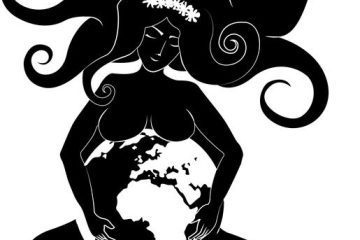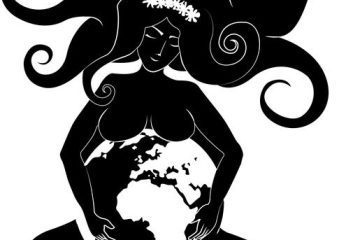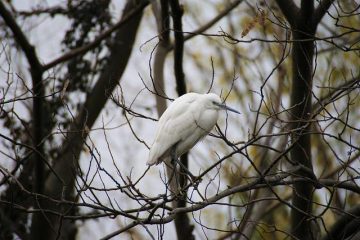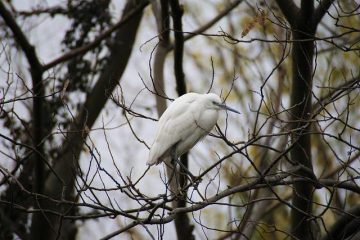Gaia hypothesis
gaia hypothesis
The Gaia Hypothesis proposes that Earth functions as a single, self-regulating system. This interconnected web of life, where organisms and their environment coalesce, challenges us to rethink our place in nature and the delicate balance that sustains life.









